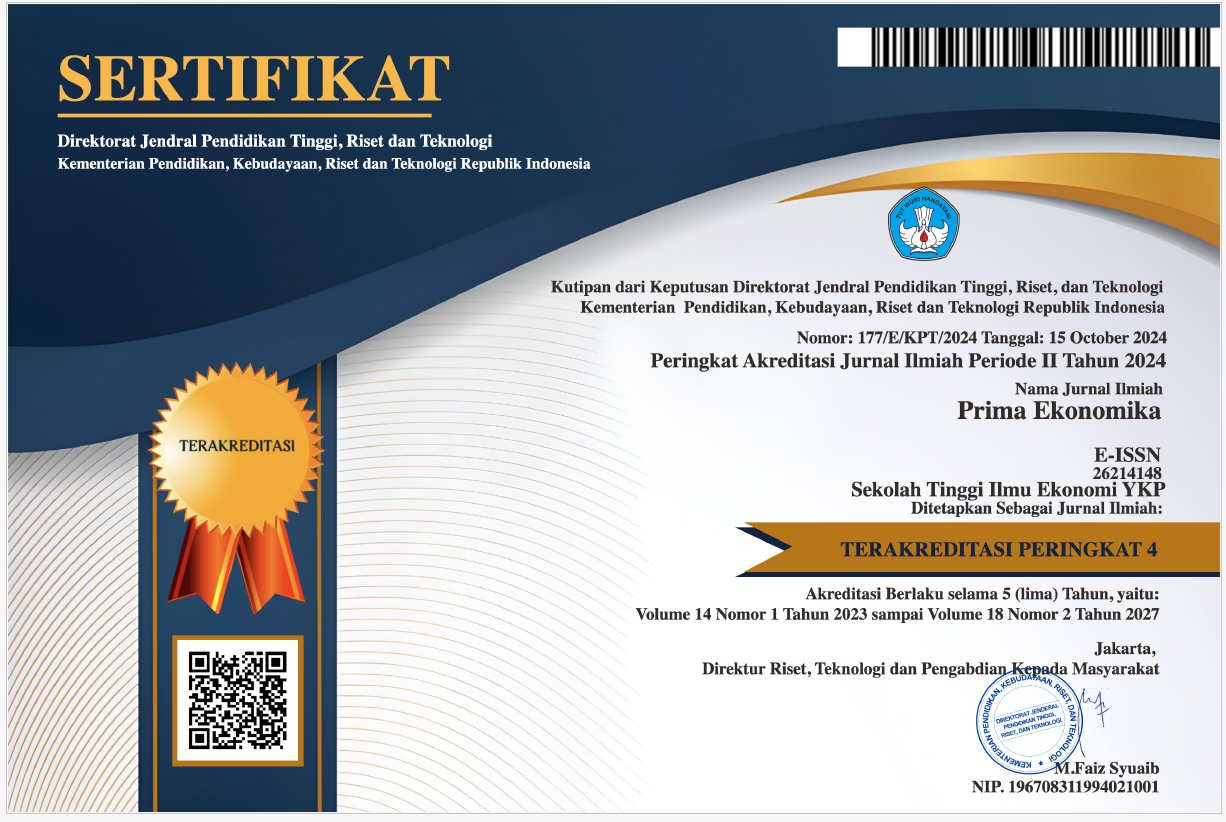
Plagiarism Policy
Check Plagiarism
Plagiarism screening will be carried out using Plagiarism Detect
Plagiarism is the exposure of another person’s thoughts or words as though they were your own, without permission, credit, or acknowledgment, or because of failing to cite the sources properly. Plagiarism can take diverse forms, from literal copying to paraphrasing the work of another. To accurately judge whether an author has plagiarized, we emphasize the following possible situations:
- An author can literally copy another author’s work- by copying word by word, in whole or in part, without permission, acknowledge or citing the original source. This practice can be identified by comparing the original source and the manuscript/work who is suspected of plagiarism.
- Substantial copying implies an author to reproduce a substantial part of another author, without permission, acknowledge, or citation. The substantial term can be understood both in terms of quality as quantity, being often used in the context of Intellectual property. Quality refers to the relative value of the copied text in proportion to the work as a whole.
- Paraphrasing involves taking ideas, words, or phrases from a source and crafting them into new sentences within the writing. This practice becomes unethical when the author does not properly cite or does not acknowledge the original work/author. This form of plagiarism is the more difficult form to be identified.
Copy Edit and Correction
Every article received by Prima Ekonomika becomes the object of the Grammarly handwriting improvement program conducted by the Prima Ekonomika Editorial Board
Reference management
Every article received by Prima Ekonomika uses reference management software. e.g. Mendeley or Zotero











.png)

